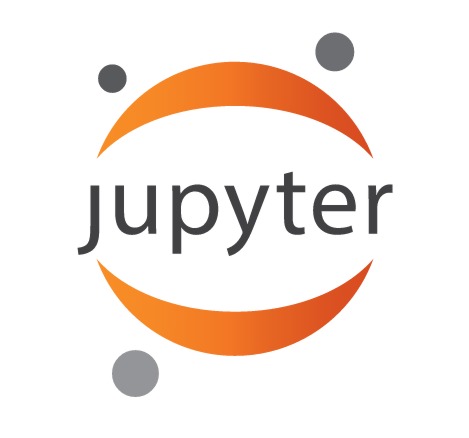| Jupyter 4.0 Completed By Release of IPython 4.0 |
| Written by Alex Armstrong | |||
| Monday, 17 August 2015 | |||
|
IPython 4.0 has been released, but instead of this being the big package including a notebook and protocol that works with many languages it is just the Python-specific parts. The language-agnostic part of the project are now to be found in Jupyter. The fact that iPython's main features work with many languages was easy to overlook due it its name. The new identity for the project, Jupyter was announced at SciPi 2014 last July.
As we reported when IPython 3.0 was released as the "last monolithic release": Jupyter is not an acronym of Julia, Python and R - but is inspired by these three open languages. It has also been chosen to reflect the long history that astronomy has had in the IPython community and to pay homage to Galileo whose notebooks were the first open science papers - a tradition that Jupyter Project intends to follow. iPython now refers to the parts of the Jupyter that actually deal with Python. So the main components of iPython 4.0.0 are:
Features of the Python shell include:
Discussing the split that separates the Python-specific components and those part of the project, such as the notebook-related tools and the REPL protocol, that work with a range of languages and shells, the Jupyter blog states: If anyone has been confused by what Jupyter is, it's the exact same code that lived in IPython, developed by the same people, just in a new home under a new name. One difference between the previous approach and the new one is that components: won't be updated in coordination with each other as their APIs and release schedules will be allowed to advance at their own respective paces.
A comment on Hacker news to the IPython 4.0 announcements says: I think that if people will let the name iPython go we will see an explosion of usage by other communities and see new features added to the project. Given the degree of enthusiasm for the formerly IPython and now Juypter Notebook this seems to be a welcome prospect. More InformationRelated ArticlesIPython Creator Wins Free Software Award
To be informed about new articles on I Programmer, install the I Programmer Toolbar, subscribe to the RSS feed, follow us on, Twitter, Facebook, Google+ or Linkedin, or sign up for our weekly newsletter.
Comments
or email your comment to: comments@i-programmer.info |
|||
| Last Updated ( Monday, 17 August 2015 ) |


